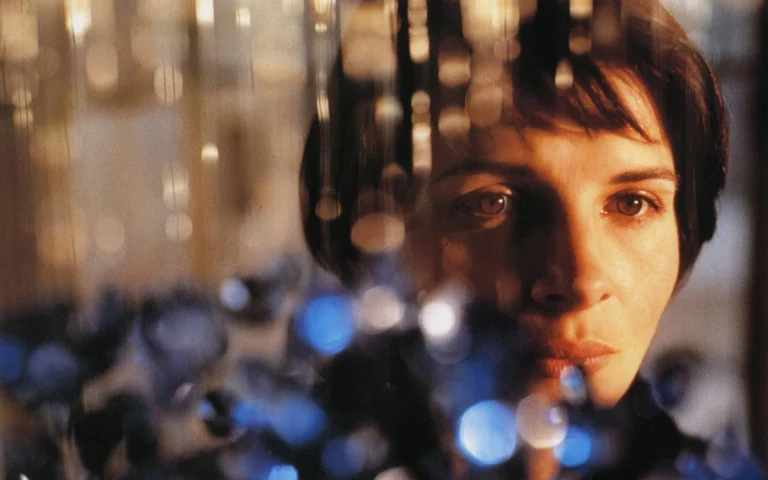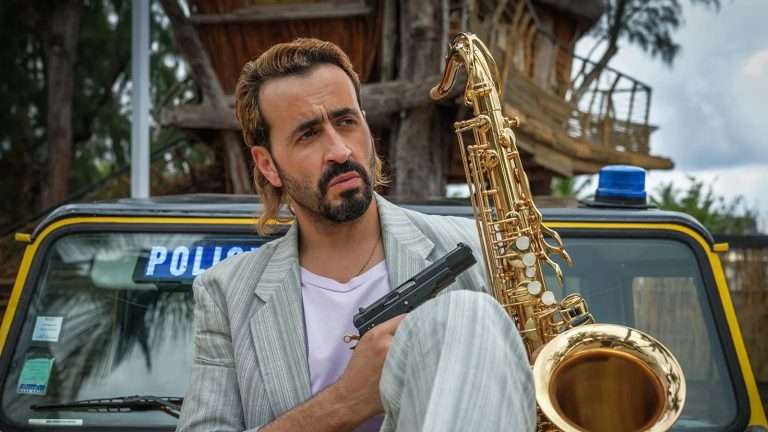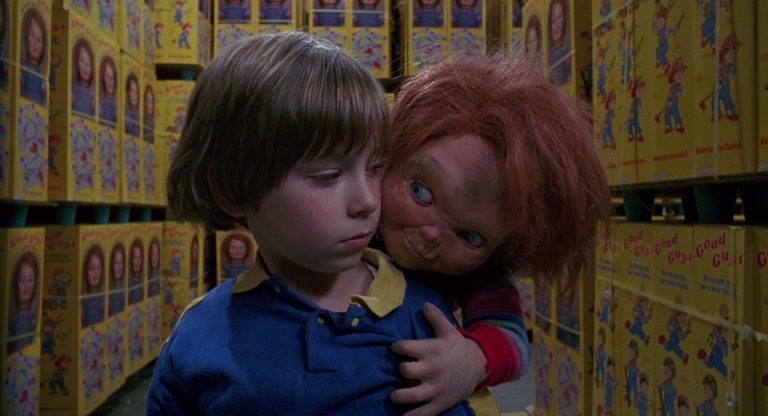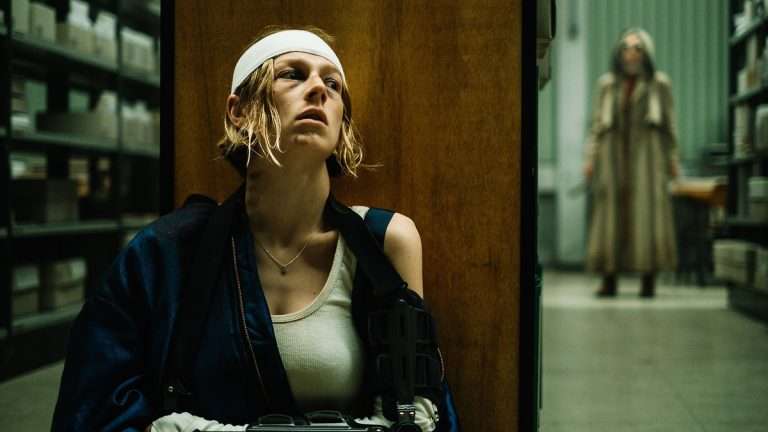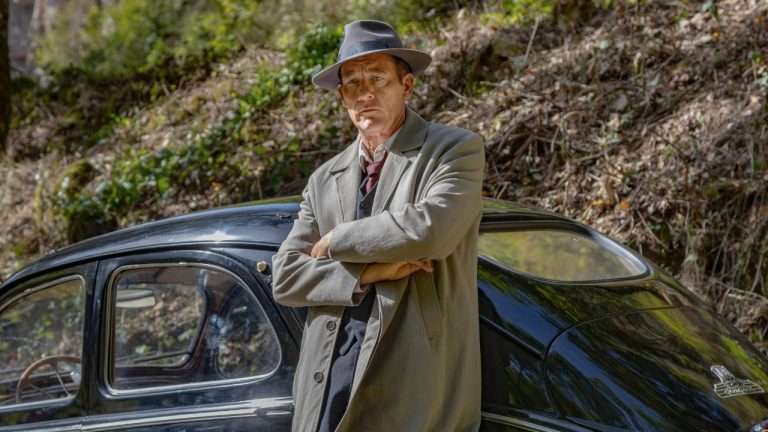Best French Movies of the Last Decade (2010s): France is the Mecca of Cinema. French cinema has always been producing great movies, even during World War II. It looms large on politics, interpersonal drama, non-conformist standpoints, naturalism, body-politics, and complexities of unpredictable human existence. And, contemporary French cinema is blooming bright and shines on the world’s map.
The decade of 2010s has, particularly, been extra captivating with fresh minds touching the horizon (Céline Sciamma, Deniz Gamze Ergüven etc.), and legends reinventing themselves (Jean-Luc Godard, Paul Verhoeven etc.). Together, they weaved dreams on/of French celluloid, and the world was left spellbound.
My only feud with the French cinema has always been (and continues to be so), their oblivious approach to genre cinema. All we get is either a politically charged, powerful personal/social drama or a light-on-its-feet fable, with a vigorous political statement. Not that I am complaining, but it hurts to see them take themselves so seriously. In their relentless quest to mirror society and change the world, it feels like French cinema is almost looking down upon genres like horror, rom-com, crime, musicals, and whatnot. Their films are so intensely personal that it feels customized. Perhaps, that’s the greatness we all are trying to achieve in art.
So, here’s my attempt to list down the 20 Best French Movies of the 2010s. I am not ranking them because I cannot pit one genius against another. I simply cannot!
1. Goodbye to Language (2014)
Director: Jean-Luc Godard
Goodbye to Language boasts some of the most galvanic 3D images to ever grace the celluloid. But, director Jean-Luc Godard, never let his viewers revel in this beauty. It is a difficult watch, not only emotionally, but technically too. There are superimposed texts and images, the dual camera goes out of sync, and objects obstruct the foreground. You need to close one of your eyes to watch these sequences and utilize your perceptions to decipher the montages. It feels like Godard is almost mocking the 3D technique while operating at its highest level.
Godard’s unexampled script had one page of text and another with images. This made his bound script, as thick as a novel. All the documentary and film footage used in the film (snippets of Beethoven and Tchaikovsky, clips from Dr Jekyll And Mr Hyde (1931) and The Snows Of Kilimanjaro (1952) etc.) were all edited even before the script was finished. And, every single image and/or text in the script, was translated on film. Not even a step of the staircase was mismeasured. Absolutely nothing was improvised. And whenever actors had questions, Godard would throw them completely off with an absurd joke.
Goodbye to Language was an ode to technology from a then 83-year old genius!
SIMILAR TO THE BEST FRENCH Movies OF THE LAST DECADE: 15 BEST FILMS OF JEAN-LUC GODARD
2. Elle (2016)
Director: Paul Verhoeven
Based on the novel Oh… by Philippe Djian, Elle follows Michèle Leblanc (Isabelle Huppert), a wealthy owner of a Paris video-game company. The film opens with her rape, brutally carried out by a masked intruder in her elegant home. The camera oscillates between the attack and her cat. Finally, the rapist flees. She rises, sweeps up the broken glass, takes a bath, and orders sushi. So begins a revenge story which concludes like a fairy tale.
After reading Oh…, Huppert approached producer Saïd Ben Saïd to get it made and suggested Paul Verhoeven (Basic Instinct) as director. Paul & Saïd wanted to make it an American film and cast Hollywood stars (Nicole Kidman, to be specific). But, no one from Hollywood wanted to get involved in this controversial subject. The complicated response of a rape victim, eventually getting turned on by the sexual violence, sent shivers down Hollywood’s spine. Both returned to France and hired Huppert after all. She was nominated for the Oscars for Elle, shockingly, her first.
Verhoeven and Huppert barely spoke on sets. Not because of any animosity, but he just gave her the film, and let her do her thing. He said he never felt the need to ‘direct’ her. Verhoeven skillfully navigated the denial of reality in this complex tale of human behavior.
Elle is unsettling from the first frame to the last, frequently threaded with a sense of comedy, without minimizing or trivializing the heinous crime. Any French movies list is incomplete without Elle and people should not see it for what it’s not.
RELATED TO THE BEST FRENCH Movies OF THE LAST DECADE: ELLE [2016]: A RED ROSE ON GRAVES OF HOLLYWOOD THRILLERS
3. Certified Copy (2010)
Director: Abbas Kiarostami
Juliette Binoche is one of the most interesting actors working today. I don’t know how, but she hits the bull’s eye almost every time she picks a script. And, Certified Copy, is definitely not an anomaly! It was director Abbas Kiarostami’s first dramatic feature film to be shot outside of Iran.
Binoche plays an unnamed woman (the credits call her She) living with her son in Italy, where a celebrated British art critic, James Miller (William Shimell), arrives to promote his new book. For reasons never fully explained, he visits her shop and they spend the day together. During the conversation, their relationship turns cryptic, as they eventually end up arguing about him ignoring her and their child for years. The hanging climax further blurs the reality as to whether they’re role-playing or in fact have been married for fifteen years.
This ambiguity played out in real life too, when Binoche visited Kiarostami in Tehran. He narrated an incident (film’s synopsis) to her in detail, she was mesmerized by it, only to be told in the end that it was not a real-life episode. Binoche won the Oscar for The English Patient (1996), and when a journalist asked her if this win would mean that she is going to become a Hollywood actress, she said no, the director she really wanted to work with was Abbas Kiarostami. This statement surprised Kiarostami, who had never met her before, and never imagined that she would be even familiar with his work. And for almost 12 years, Kiarostami was trying to come up with a subject that she would feel related to.
Binoche won the Best Actress award at the Cannes for Certified Copy, and it’s definitely one of the best French movies of the 2010s.
RECOMMENDED: THE 25 BEST MOVIES ABOUT WRITERS
4. Portrait of a Lady on Fire (2019)
Director: Céline Sciamma
Portrait of a Lady on Fire is a manifesto about the female gaze. It’s rich, sensitive, slow-burning and rarely manipulative. Set in 1770, France, it’s a love story between an artist, and the lady she has been commissioned to do the wedding portrait of. Both happened to be of the same sex.
Director Céline Sciamma, designedly stayed away from the biopic dynamics, because, during her research on the female artists of that time period, she realized there were hundreds, with flourishing careers. So, she made Noémie Merlant’s character a paradigmatic of all those genius artists, instead.
Sciamma also opted for some genuinely brave choices. Portrait… is a love story and a period piece, but she kept it music-free. She wanted the audience to be in the same spot as the characters. Another fascinating injunction she carefully constructed is to keep the film free of the male gaze. There’s no man in the film, not as some kind of punishment, but as a way for them to go through someone else’s journey.
The film’s texture feels more unalloyed because a queer film was made by a queer director, who hired a queer actor (Adèle Haenel, who was also in a long relationship with Sciamma in real life). Drop everything, and watch it right away.
RELATED TO THE BEST FRENCH Movies OF THE DECADE: PORTRAIT OF A LADY ON FIRE (2019) REVIEW – THE INTIMATE CHARM OF AN ARISTOCRACY
5. Raw (2016)
Director: Julia Ducournau
My immediate reaction to director Julia Ducournau’s Raw was incredibly visceral. Though the media and the film’s marketing team projected it as a horror film, it’s far removed from that. The film’s main character Justine, a life-long vegetarian, is forced to eat raw rabbit kidneys as part of the brutal initiations she is met within her first year at veterinarian college. Thus begins her descent into a desire for human flesh.
During a screening at the 2016 Toronto International Film Festival, two audience members fainted and received medical services. This incident was, typically, exaggerated by the media, and then it became this snowball effect on the internet, and the film was labeled as the goriest movie ever made. It pissed Ducournau beyond measure because she constructed a deeply relatable and awkward transformation of a young girl into adulthood.
It is also a study of bodies. Ducournau didn’t want any kind of glamour or sexualization, no sugar coating of what the body is. She wanted to show the pores, the dark skin, the hair, and all of this had to exist very vividly on screen. Raw, is beautifully disturbing, involving, playfully queasy, and clearly one of the best French movies of the decade.
SIMILAR TO THE BEST FRENCH movies OF THE LAST DECADE: RAW [2016] – THE HORRORS OF GROWING UP AND CONFORMING TO THE CLIQUES
6. Amour (2012)
Director: Michael Haneke
Jean-Louis Trintignant, Emmanuelle Riva, and Isabelle Huppert starrer, Amour, focuses on an elderly couple, Anne and Georges, who are retired music teachers with a daughter who lives abroad. Anne suffers a stroke that paralyzes the right side of her body and now, their bond of love and dignity as humans is severely tested.
Director Michael Haneke, wrote this role for Jean-Louis Trintignant because he always wanted to work with him. Trintignant was going through a strenuous time and was contemplating suicide. The film’s producer told him, “make the film first, and then you can commit suicide.” Trintignant loved Michael’s White Ribbon (2009) and decided to come back to cinema after 14 years, with Amour.
In all his films, Michael always drew incidents from his real life. For Amour, his experience with his rheumatism crippled aunt became an inspiration. At the age of 92, she overdosed on sleeping pills, though survived. Even earlier, she had pleaded with him to help her die and put her out of her misery. He told her that he might end up in prison since he was her heir!
At the age of 85, Emmanuelle Riva became the oldest Best Actress nominee. The Oscars were held on her 86th birthday, and she was my clear favorite that year, but Jennifer Lawrence won it for Silver Linings Playbook at the age of 22! As far as emotional french movies are concerned, there’s no competition with Amour.
RECOMMENDED: HOW HANEKE PLAYS WITH THE AUDIENCE EXPECTATIONS IN ‘FUNNY GAMES’
7. Blue is the Warmest Color (2013)
Director: Abdellatif Kechiche
Calmly detached and observant, director Abdellatif Kechiche, carefully browses through a lasciviously dark and rebellious topic in Blue Is The Warmest Color. Based on the 2010 French graphic novel by Julie Maroh, the film follows Adèle (Adèle Exarchopoulos), a 15-year-old, who blindly believes that a girl must date boys. Her life is turned upside down when she meets Emma (Léa Seydoux), a blue-haired young woman, who allows her to discover desire. The movie is quietly radical in its gender and class politics, but it’s also wholly approachable.
Blue… is probably the most controversial movie on this list. So much so, that the director publicly admitted that the film should not get released. After the film’s premiere at Cannes, French Audiovisual and Cinematographic Union released a report which spoke about despondent working conditions of cast and crew members on the set, including harassment, unpaid overtime, and violations of labour laws. Both the lead actresses also acknowledged the report, and even vowed to never work with Kechiche again. The film’s 7-minute long lesbian, totally NSFW, the sex scene was also criticized. And, many feminists and LGBTQ members condemned films’ lack of female gaze.
However, even these controversies and berating couldn’t stop Blue… to unanimously become one of the best French films, with over 39 awards and 96 nominations, around the world, including Cannes and Golden Globe.
RELATED TO THE BEST FRENCH movies OF THE LAST DECADE: THE 20 BEST LGBT FILMS OF 2020
8. The Artist (2011)
Director: Michel Hazanavicius
Director Michel Hazanavicius’ work has always been riveting, though inconsistent. But with The Artist, he swept the world off its feet with his ‘artistry’. A comedy-drama, in the style of silent, black and white, films, it became the first silent film to win the Best Picture Oscar, after Wings (1927) won at the 1st Academy Awards in 1929.
The story takes place in Hollywood, between 1927 and 1932, and focuses on the fictional silent film star George Valentin (Jean Dujardin), and the relationship he starts with up-and-comer Peppy Miller (Hazanavicius’ wife, Berenice Bejo). But when Miller becomes a star of the talkies, Valentin becomes marginalized and forgotten, as silent cinema falls out of fashion with the arrival of the talkies.
With the residue of A Star Is Born (1937) in its theme, The Artist was loosely based on the life of the famous (now, obscure) silent film actor John Gilbert. He became a huge star of silent films and had a relationship with the great Greta Garbo. When the talkies arrived, he became a nobody, and she was a huge star. So, she decided to hire him for one of her own movies. But he felt really uncomfortable and didn’t do it.
Though Jean Dujardin, won most of the awards for the film (deservingly so), it’s actually Berenice Bejo, who breaks your heart with her vulnerability. The Artist became the most honored French film in history.
A singularly rich period piece, it achieves contemporary greatness.
Also, read – La La Land and The Artists: Bringing it back
9. My Life as a Zucchini (2016) | dir. Claude Barras
French cinema or European cinema doesn’t sugarcoat anything. And it holds even for a stop-motion animated film, for children. My Life as a Zucchini is the story of Icare, nicknamed Courgette (Zucchini), a 9-year-old boy who accidentally kills his abusive, alcoholic mother. He then gets interviewed in a police station and is brought to an orphanage. And the film erupts after that.
Despite the serious themes and issues at the heart, every frame projects a palpable warmth, and the film is light on its feet. But, this bittersweet balance was achieved only after director Céline Sciamma (Portrait of a Lady on Fire, also on the list) stepped in as a screenplay writer. She finally found how to mix humor and sadness with lots of tenderness and empathy.
The film’s title sequence was shot, four years before the film, with a different voice actor. But, by the time the actual film started, the boy had grown up and wasn’t a fit anymore for the titular character. Hence, Zucchini was recast, and the original choice was given a different character.
My Life as a Zucchini is one of the rare animated films, which hoist various exigent motifs like alcoholism, drug abuse, being an orphan, loneliness, and depression. And, while tackling that, it became one of the best French movies of the decade.
10. Mustang (2015)
Director: Deniz Gamze Ergüven
Mustang is a French film in the Turkish language. The film is set in a small village in northern Turkey. Lale and her four sisters are on their way home from school, innocently playing with local boys. However, prying village eyes view their games with suspicion, and the girl’s behavior, and refusal to repent, quickly cause a scandal among the family.
Many incidents shown in the films are based on director Deniz Gamze Ergüven’s real-life experiences, in some capacity or the other. The sisters, sitting on boys’ shoulders in the lake, was a part of her childhood, sans the consequences. And, many other incidents are taken from her mother and grandmothers’ lives.
This was Ergüven’s debut feature film. She migrated to France from Turkey, at the age of 6 months. She returned to her home country when she was 9, only to return soon. In Turkey, the film, and Ergüven was viciously attacked on social media, for not being ‘Turkish enough’. But internationally, the film found its audience and was universally acclaimed.
Mustang finds director Ergüven operating at peak power and benefiting from the assured and committed performances by the five central characters. The film was nominated for the Best Foreign Language Film at the Oscars.
SIMILAR TO THE BEST FRENCH Movies OF THE DECADE: 10 UNCONVENTIONAL FILMS ABOUT TEENAGE GIRLS
11. The Intouchables (2011)
Director(s): Olivier Nakache & Éric Toledano
Inspired by the true story of Philippe Pozzo di Borgo and his French-Moroccan caregiver Abdel Sellou, The Intouchables, was voted as the cultural event of 2011 in France. It also became the most viewed French film in the world with 51.5 million tickets up to 2014.
A Senegalese-born guy, Driss (Omar Sy) gets a job of taking care of quadriplegic millionaire Philippe (François Cluzet), even though he’s not nearly as experienced as other candidates. Over the one-month trial period, Driss helps Philippe to learn to live life again and even helps him reconnect with women, the two very different men becoming the best of friends.
Director duo Olivier Nakache & Éric Toledano, saw a documentary about Philippe, back in 2003, but they were not confident enough as filmmakers to make the film. Years later, Philippe released a book, and at the back of it, was his email ID. They wrote to him and went to Morocco to meet him. Philippe told them that many people are interested in his story, but he was never happy with any of the screenplays to give away the rights so far. He finally agreed to The Intouchables, under few conditions. Philippe wanted it to be a comedy and asked them not to pay him. Instead, give 5% of the profits of the movie to the association helping paralyzed people: Simon de Cyrène. The film has earned over $300 million at the box-office collection. Do the math!
SIMILAR TO THE BEST FRENCH Movies OF THE 2010S: 10 GREAT FILMS YOU CAN WATCH ON NETFLIX RIGHT NOW – PART 3
12. BPM (Beats Per Minute) (2017)
Director: Robin Campillo
BPM is a dramatized (and partially fictionalized) autobiography of the director Robin Campillo. In this ensemble drama about AIDS activists protesting the French government’s slow response to the epidemic in early-’90s Paris, a young man named Nathan (Arnaud Valois) joins the movement and is soon drawn to radical organizer Sean (Nahuel Perez Biscayart).
Every second of this 140-minute film is flooded with passion, defiance, and profound humanity. BPM functions on the fluidity and unpredictability of the human appetite. This is Campillo’s third feature film, in a career spanning over two decades. He turned years of his AIDS activism into a feature film. Campillo’s boyfriend died of AIDS in the 80s, and he lived with the determined belief of contracting the disease himself, and the inevitable death. He lived his entire youth in fear and gave up on his dream of making cinema. It’s only in the 90s, that he got himself tested, and realized he was not contaminated. That’s when he joined ACT UP, a French organization, fighting for the rights of the LGBTQ community. And, BPM is the chronicle of his experiences during the time.
The film was not only a critics’ darling but also a smash hit in France, which was surprising, considering no other queer cinema, with explicit sex scenes got such a warm welcome before.
RECOMMENDED READ: 120 BPM (BEATS PER MINUTE) [2017]: ‘IFFI’ REVIEW
13. Holy Motors (2012)
Director: Leos Carax
If nothing else, I can at least promise that Holy Motors is nothing like anything you’ve seen before. Director Leos Carax is known for his tortured depictions of love, and this one ain’t any different.
Denis Lavant plays Mr. Oscar, a man who appears to have a job as an actor, who inhabits several different roles a day, but no cameras are filming the man’s performances or audiences watching. In fact, Lavant plays 10 different roles in the film. It’s abstract, audacious, and invigorating. With Labvant’s variegated performance at its center, Holy Motors normalizes the surreal by adding an unapologetically challenging narrative.
Watching it, forced me to believe how it shares its DNA with Gaja Gamini (2001), back home, where you don’t know what’s happening on-screen, but subconsciously, you know exactly what’s happening on-screen!
While the film seems to privilege the subjectivity of experience, it ultimately asks more questions than it answers. It places responsibility on the audience to fill in the blanks and make meaning for themselves. Holy Motors’ threatening originality evokes strong opinions (again, like Gaja Gamini), but you can’t take away the fact that its empathetic yet acidic tone will pierce you enough to react. You cannot stay indifferent to this outrageous cinematic feast. Hop on board!
IF YOU LIKED READING THE BEST FRENCH Movies OF LAST DECADE, ALSO READ: HOLY MOTORS [2012]: THE DEATH & RE-BIRTH OF CINEMA
14. Two Days, One Night (2014)
Director(s): The Dardenne brothers
Two Days, One Night, is a timely-told tale of Sandra (Marion Cotillard), who is combating depression, and recession. She is laid off as “redundant” but is given the chance to talk her co-workers into voting her back to work if they are willing to give up a thousand-euro bonus check. As she hustles, with the help of her husband and friends, her experiences open the doors into contemporary working-class life in Europe.
The plot fuels the engine for the directors Dardennes’ egalitarian form of storytelling. She goes door-to-door, having a similar conversation with 16 of her co-workers, but the film never gets repetitive. The brothers had written a script, back in 2000, based on a true story, and when the recession hit the globe in 2008, they tweaked it to be more relevant.
The film’s quiet emotional power threatens to submerge you with its intensity. And, the film is not without the most distinctive narrative tool of the Dardennes brothers – the “Dardenne shot”. It is one of the most widely imitated techniques where the camera follows characters in motion, framing the world from their point of view, even nebulous sometimes. One of the most recognizable instances would be Darren Aronofsky using it with Mickey Rourke in The Wrestler (2008).
Two Days, One Night boasts an unpretentious simplicity and a brave commitment to a realistic worldview. It’s undoubtedly one of the greatest French movies of the decade.
SIMILAR TO THE BEST FRENCH MOVIES OF THE LAST DECADE (2010S): 25 GREAT FEMINIST FILMS THAT YOU SHOULD WATCH
15. Tomboy (2011)
Director: Céline Sciamma
Another Céline Sciamma film on the list, another powerful LGBTQ representation, another cinematic excellence. Tomboy is the story of a nine-year-old girl, Laure (Zoé Héran), whose family moves to a new home in the Parisian suburbs during the summer before she starts fourth grade. This simple-seeming premise is quickly complicated when she decides to pretend to be a boy, Michaël.
In French, ‘tomboy’ is “garçon manqué”, which means “failed boy”, it’s an insult. That’s why she used the English word even for the French title. Sciamma wrote it in 3 weeks, shot it in 20 days with a crew of fourteen.
Sciamma doesn’t suggest some deep-seated psychological reasoning for her protagonist’s deception. The film and the audience doesn’t know the why, but they know the how. There’s no backstory or a justification to Laure’s pretense, it just happens, and all we see is how it happens. Tomboy, seems timeless, as there are no real giveaways in terms of when it is happening, and it’s a very aware assay, to let people relate to emotions more.
Tomboy underlines how the world defines you when you are a child, hence for ten minutes, you don’t know whether she’s a boy or a girl. Quoting Robert Ebert here, “if you think you’re looking at a boy, you see one. If a girl, then that’s what you see”. It’s a film with clear-eyed compassion.
ALSO, READ: EVERY CÉLINE SCIAMMA FILM RANKED
16. My Golden Days (2015)
Director: Arnaud Desplechin
My Golden Days is a tale of Paul, an anthropologist. Due to a passport problem, he is stopped and interrogated at the airport in Paris. He recalls the memories of his youth. Director Arnaud Desplechin weaved the construct of the film, like a brain. We see three stories, one after the other, like memories. The unusual, episodic narrative structure gives the film a youthful magnetism.
Though in my opinion, the lyricism in the French title, Trois souvenirs de ma jeunesse (Three memories of my youth), gets completely lost in translation, thankfully, this was only restricted to the title, the film remains magnificently charming. Pick up any Arnaud Desplechin film, and you will find everything in flux, nothing is nailed down. This free-flowing energy makes his cinema irresistibly powerful.
After working with big movie stars in a film, and an adaptation of Alexander Ostrovsky play for a TV film (which also involved extremely experienced actors), Arnaud was craving to do something he has never done before – working with non-actors. But, he was terrified of the idea. It was Wes Anderson’s Moonrise Kingdom (2012), which gave him confidence. He thought, if Wes can make the young actors speak his language, he should also give it a try. And, the result was one of the best French movies of the decade!
17. Custody (2017)
Director: Xavier Legrand
Director Xavier Legrand’s Custody is a sensitive, disturbing story about domestic violence. Miriam (the mother) is seeking sole custody of their son Julien, to protect him from a violent father. Antoine (the father) pleads his case as a shunned dad and wins joint custody. A hostage to the escalating conflict between his parents, Julien is pushed to the edge to prevent the worst from happening.
The film boasts very long scenes, which run sharply athwart a thriller because, generally speaking, thrillers are associated with quick cuts and snappy editing. But, with Custody, Xavier wanted to reimagine the genre, and defined it as “the daily thriller.” He wanted the thrills to be organic, and not imposed. And, to achieve this, he used long shots and scenes, and completely evacuated the music. He used real-life sounds instead. During his research, he heard many testimonials of the survivors, and one of them told him that she knew her husband was going to beat her blue, just with the sound of him opening the lock of the door to enter the house. Xavier wanted to completely immerse the audience, and not formally foist the situation.
Custody, begins with a long, 15-minute sequence in the court, permeating a false sense of it being a courtroom drama. It was a carefully designed manipulation from Xavier, who wanted to commence the film like Kramer vs. Kramer (1979) and end up like The Shining (1980)! I rest my case.
18. Things to Come (2016)
Director: Mia Hansen-LØve
Mia Hansen-Love’s cinema is constantly moving. Scenes keep progressing onto the next, never overstaying their welcome. Things to Come, also operates on the same projectile, but feels unhurried, and owns a muted charm. Isabelle Huppert plays Nathalie Chazeaux, a philosophy professor who navigates a series of major life-altering experiences at an age she’d assumed would be more stable. Her work becomes unstable, her vain, ex-model mother becomes suddenly ill, and she learns her husband has been cheating on her.
Things to Come is loosely based on the experience of Mia’s philosophy professor mother. And that made it even more personal, and hence, difficult for her to find the right rhythm. Mia wrote the film while she was writing Eden (2014), which was loosely based on her brother’s life. Her genius mind was writing a film about the nonconformist youth energy, and about the late middle-age, sundry contortions of life, simultaneously.
It was Isabelle Huppert’s second chef-d’oeuvre within a month, after Elle (also on this list). Her self-assured and aloof performance registers plausible. It was the first time Mia wrote a film, keeping an actor in mind, so much so that she was ready to shelve her own film if they couldn’t get Isabelle. Don’t miss one of the best French films of the decade.
THINGS TO COME FEATURED AMONG OUR 15 BEST WOMEN-DIRECTED FILMS OF 2016
19. See You Up There (2017)
Director: Albert Dupontel
Albert Dupontel started his career as a stand-up comedian, hence, it comes with no surprise that he dedicated his masterpiece, See You Up There, to Alain de Greef and Marcel Gotlib. Gotlib was a comic star and Dupontel, has always been a huge fan of his work.
See You Up There, is set in November 1919. Two survivors of the trenches set up a scam, based on war memorials. One is a brilliant illustrator, the other an unassuming accountant. In the France of the Roaring Twenties, their operation becomes as dangerous as it is spectacular. And, how it unfolds constructs this insanely breathtaking film.
Adaptation of Pierre Lemaître’s novel The Big Swindle, Dupontel, starred and wrote the film himself. In fact, Lemaître himself participated in screenplay writing too. Dupontel, filmed the script’s thirteenth version.
The film begins with an astounding aerial shot of the battlefield, which needs to be seen more than being read. It might remind you of another brilliant WWI film, Paths of Glory (1957), by Stanley Kubrick. Despite its horrendous motif, the war, the film is rarely visually repulsive. See You Up There, is epic in range, romantic in its vision, and absolutely astonishing in its execution. You cannot afford to miss it.
Related to Best French Movies – Cannes 2019 Jury Announced: Elle Fanning, Yorgos Lanthimos, Kelly Reichardt Join President Iñárritu
20. Les Misérables (2019)
Director: Ladj Ly
When any art form comes from a deep, dark personal void, it rebels and engulfs the world. Les Misérables, is that of director Ladj Ly. It is deeply rooted in his personal political upheaval.
The film is based on a real-life occurrence of police violence that took place in Montfermeil on 14 October 2008 and was observed and filmed by Ly, as a teenager. The story follows several characters within the commune, and a theft from a teenager spirals into riots. The setting is Montfermeil, a tough banlieue north-east of Paris.
When Ladj Ly was a teenager, his friend stole a lion cub from the circus. They kept it in an apartment, till it started crying for its mother, and the neighbours were getting disturbed. They informed the circus people, who demanded its return. This incident was used as the triggering point in the film.
Every plight, every struggle, every battle of immigrants, and people of color we see in the film, are Ly’s personal endurance. French President Emmanuel Macron was so shocked and upset with the accuracy of Les Misérables, that he called on his administration to find solutions and take action to improve living conditions in neighborhoods like Montfermeil.
Most definitely one of the best french movies of 2019 and the decade, profits from Les Misérables have been used to open a film school for local kids. Ly believes that “French film schools are really just for the elites and maybe that’s why French cinema has become so boring.” Ouch!

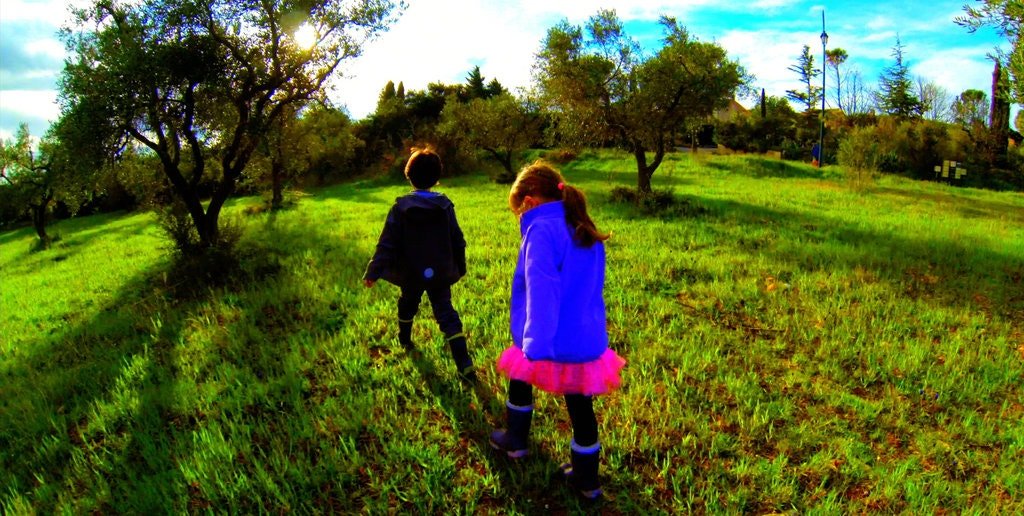
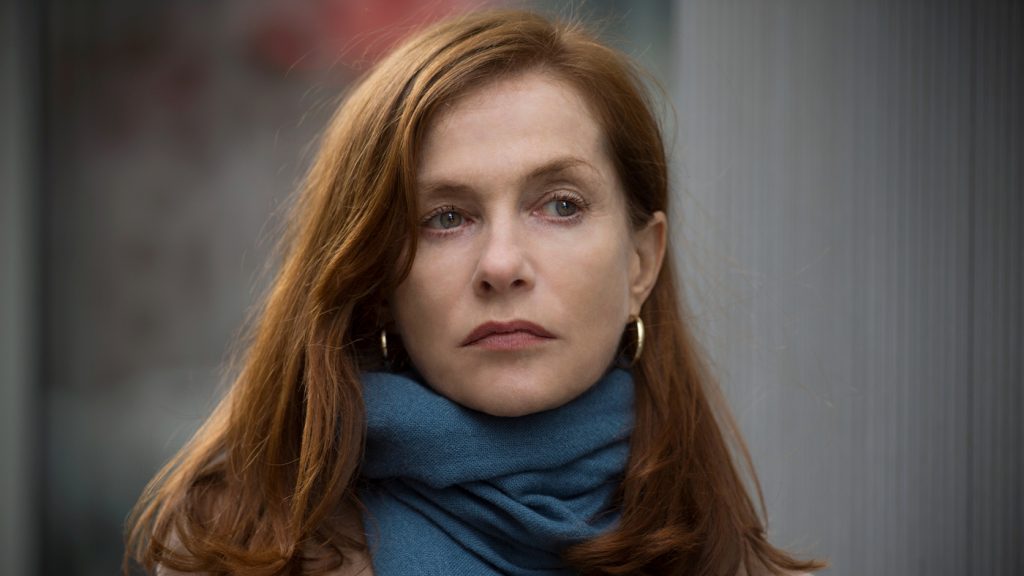
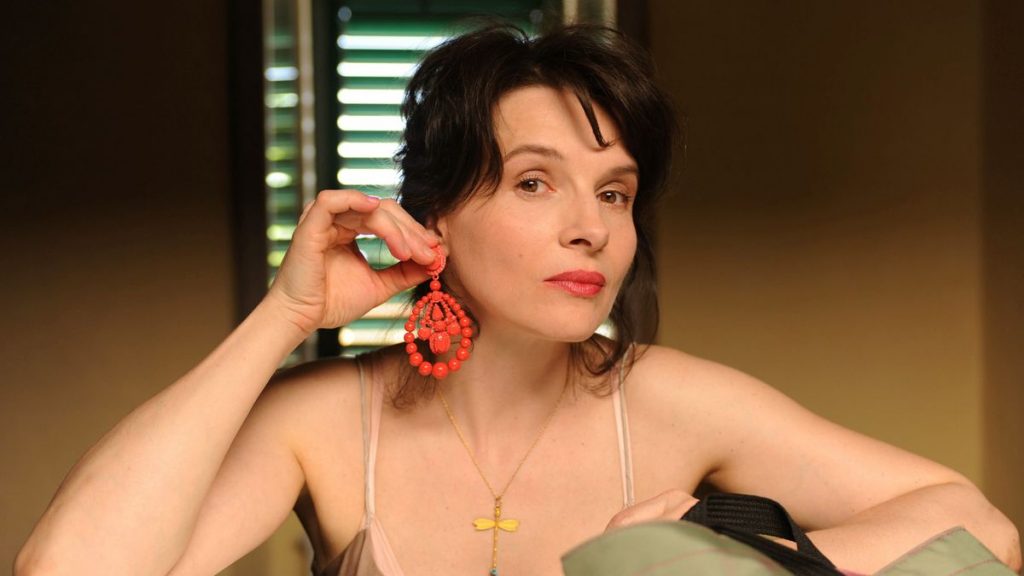
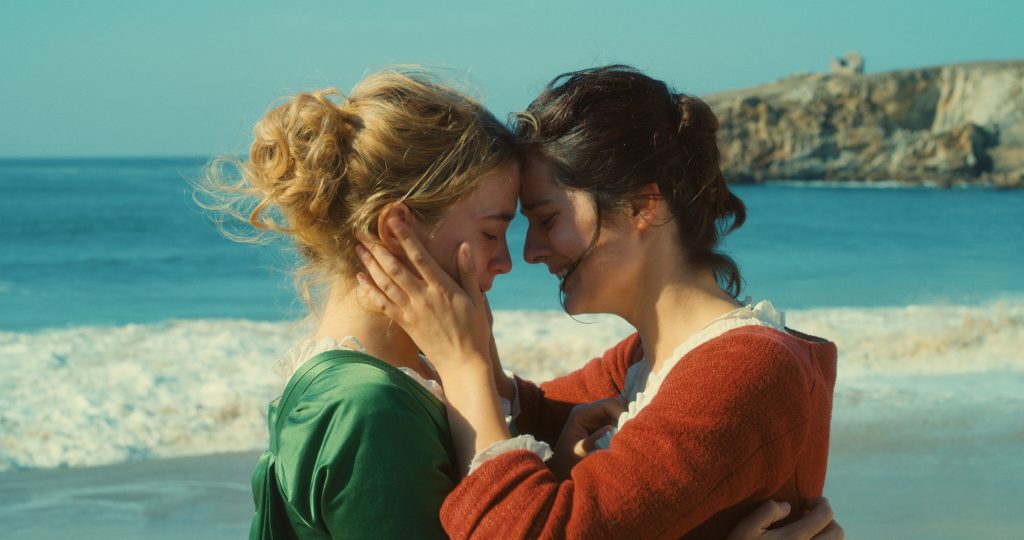
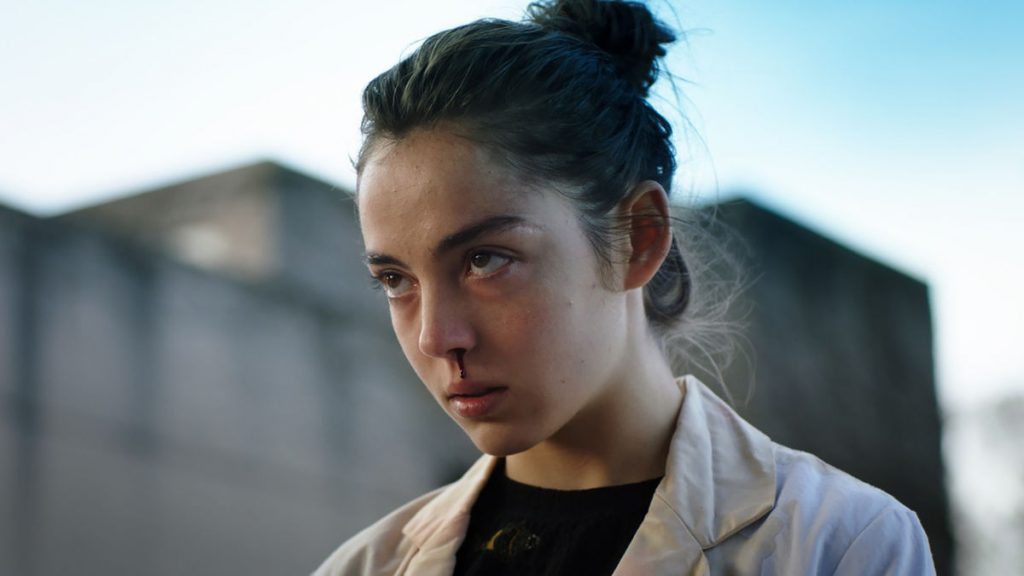
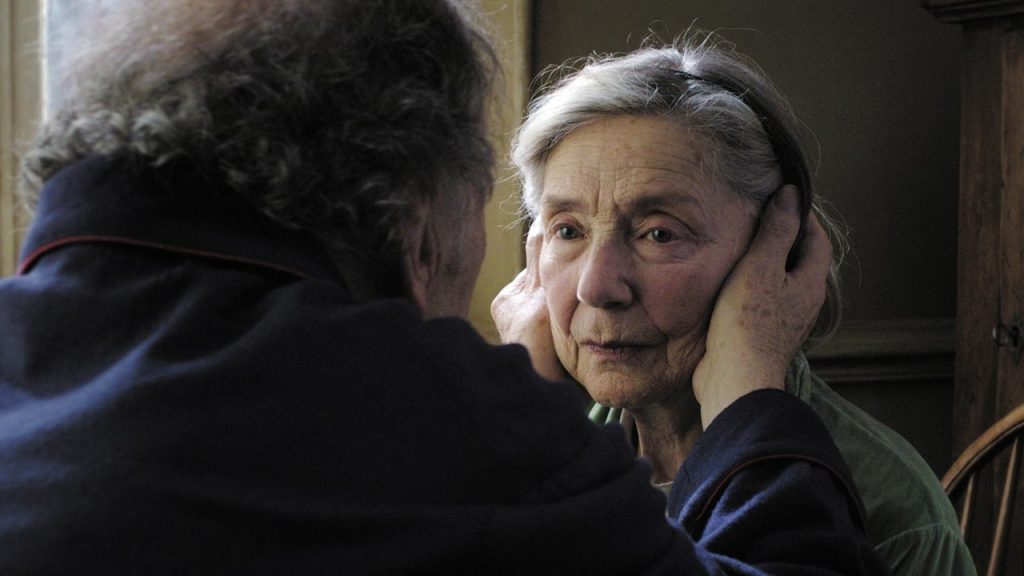
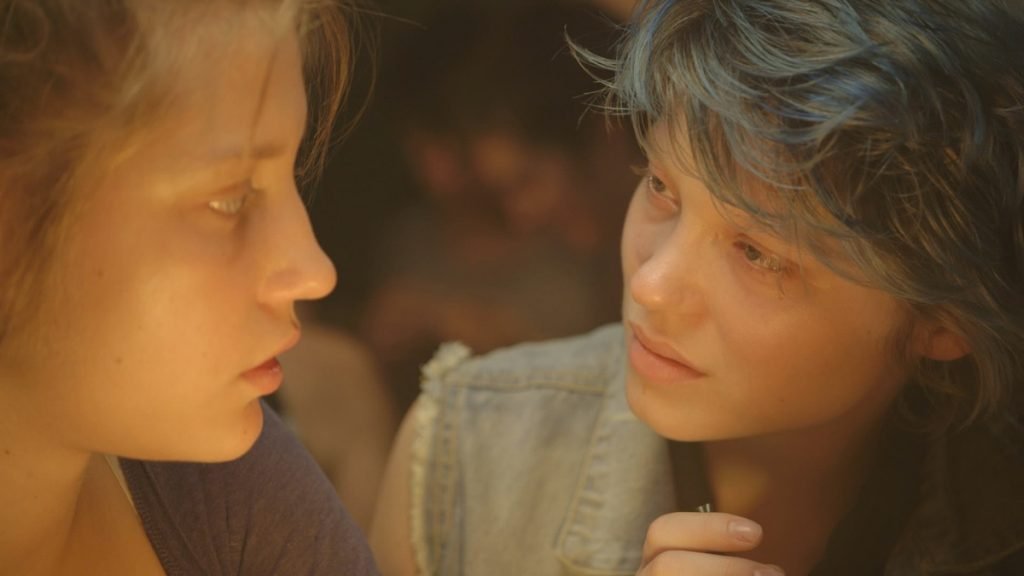
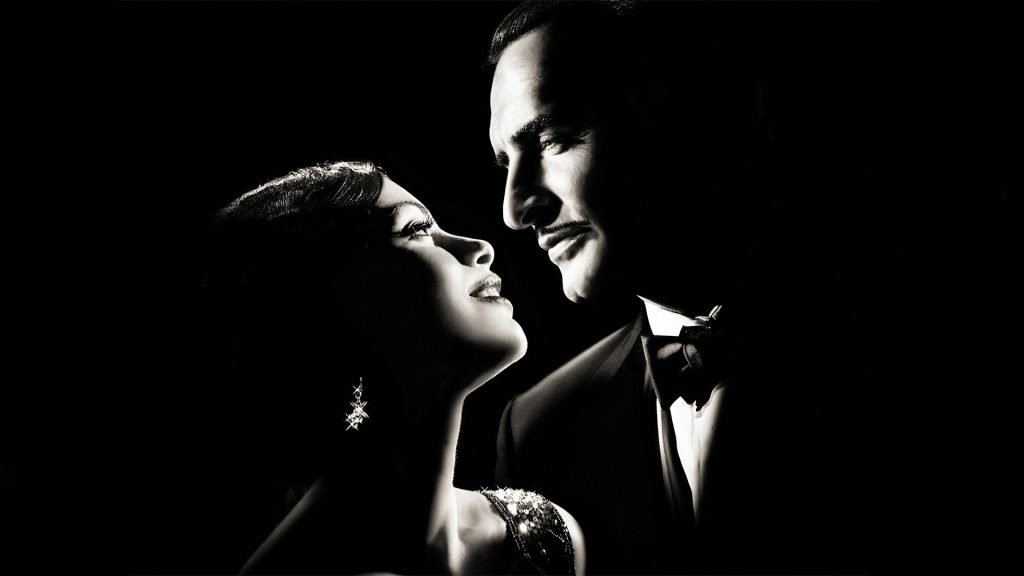
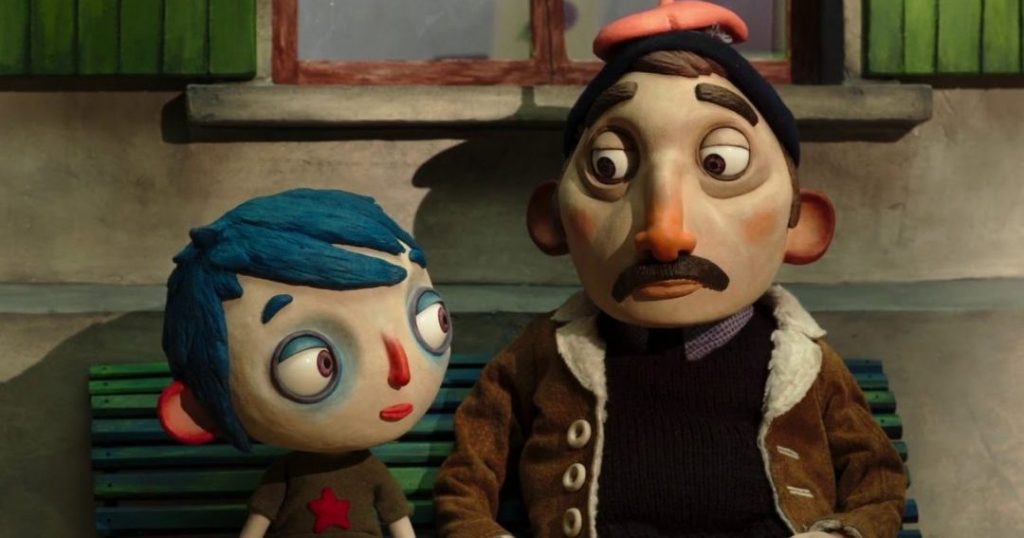
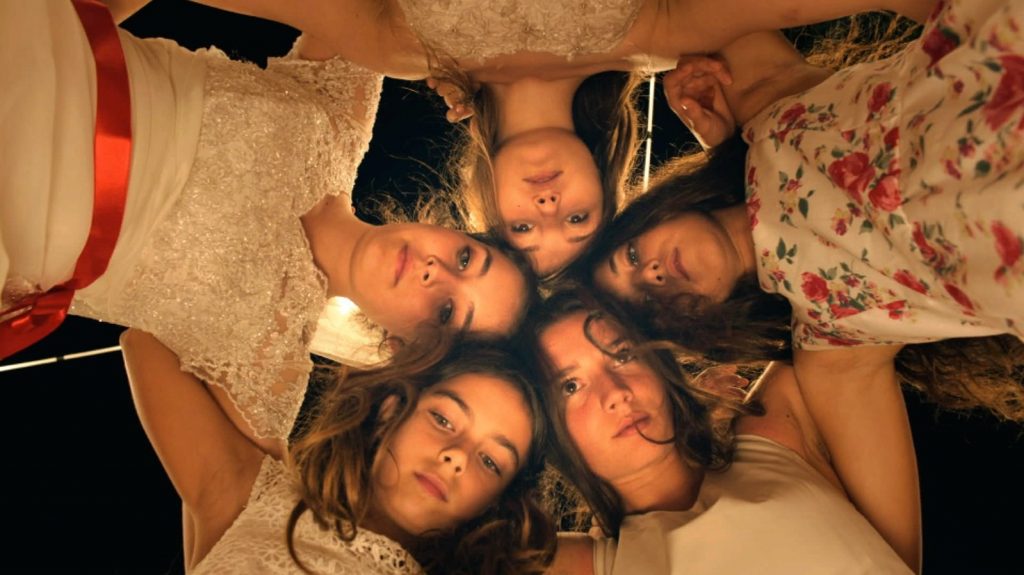
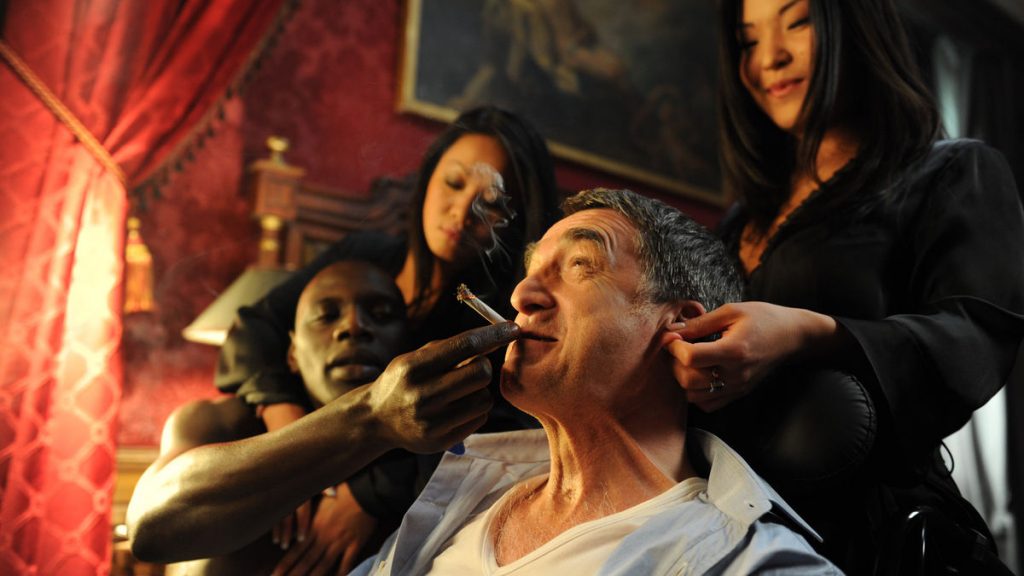
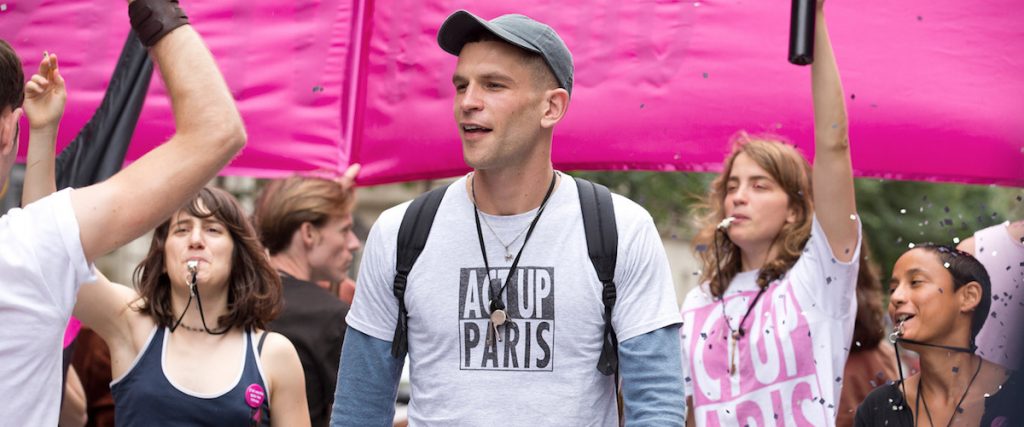
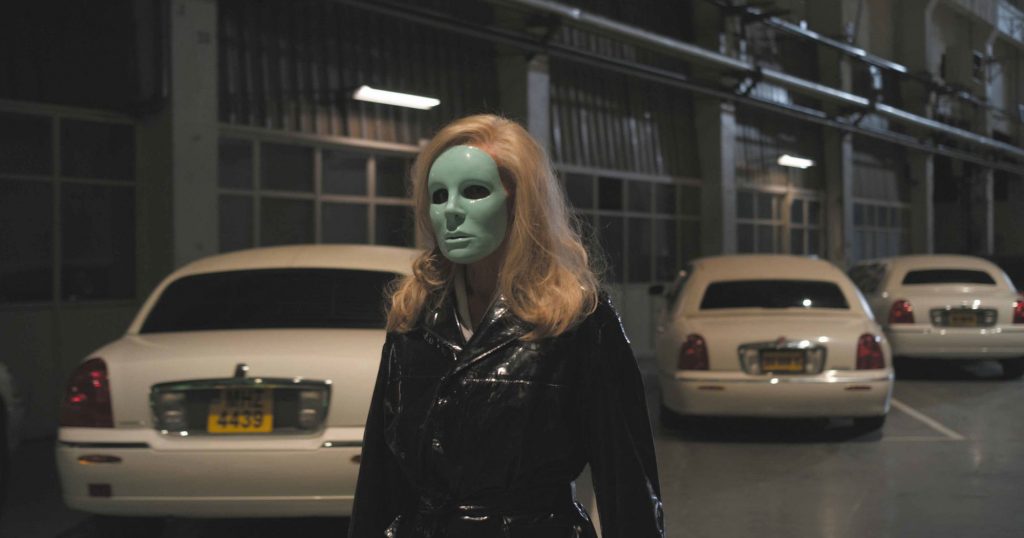

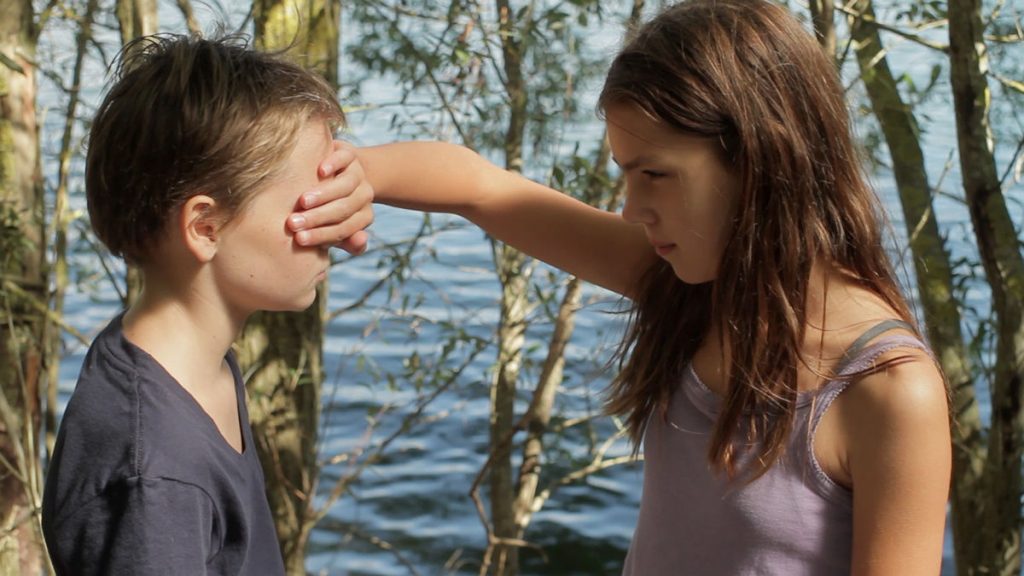
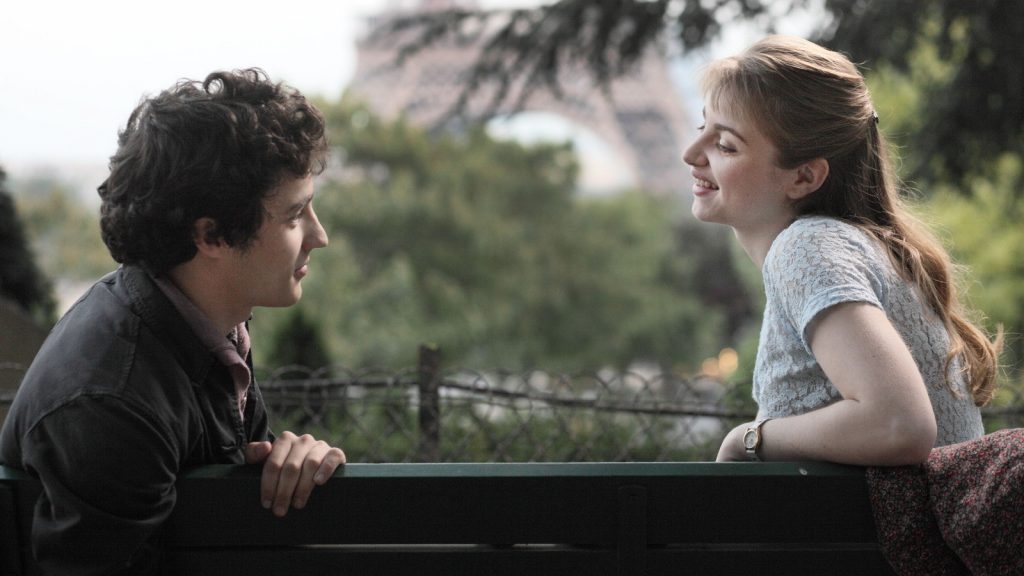
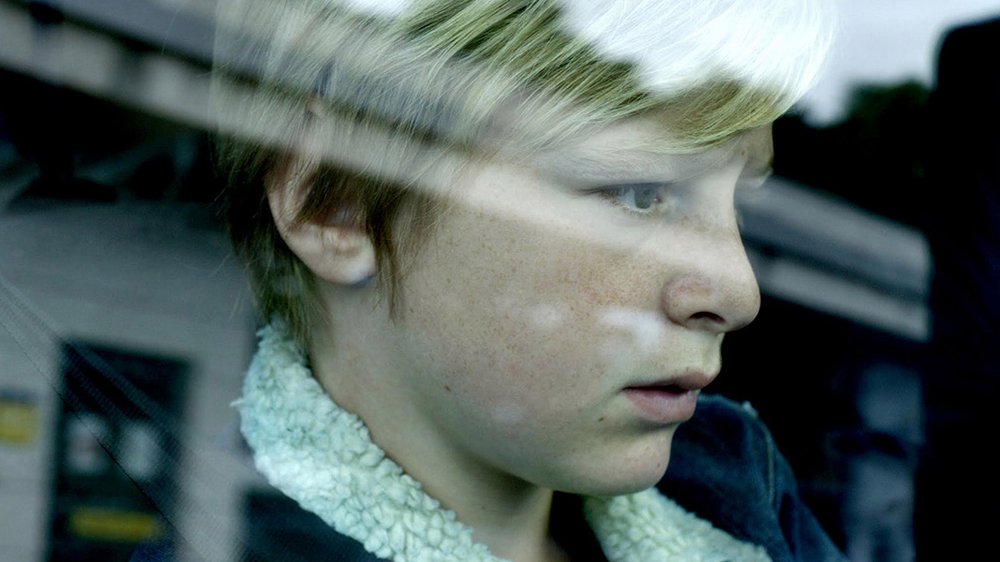
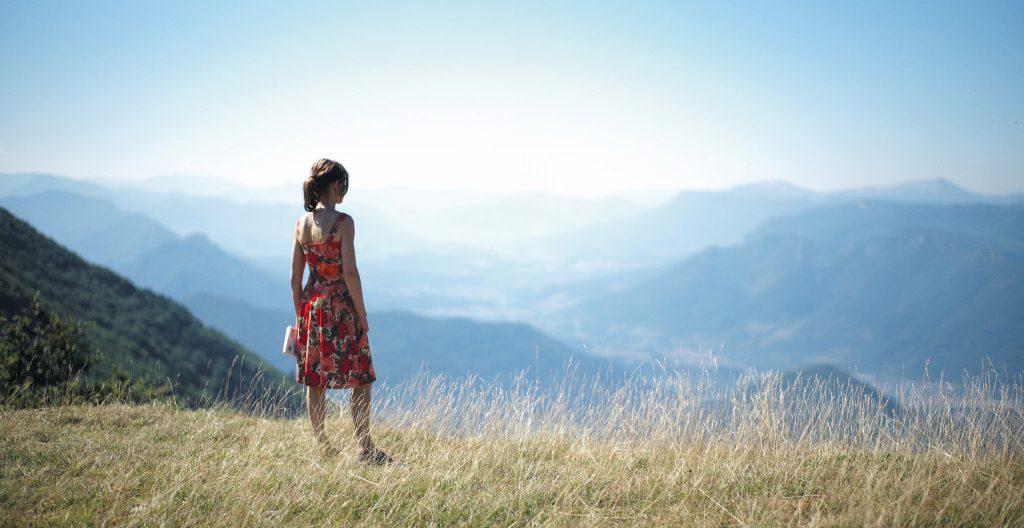
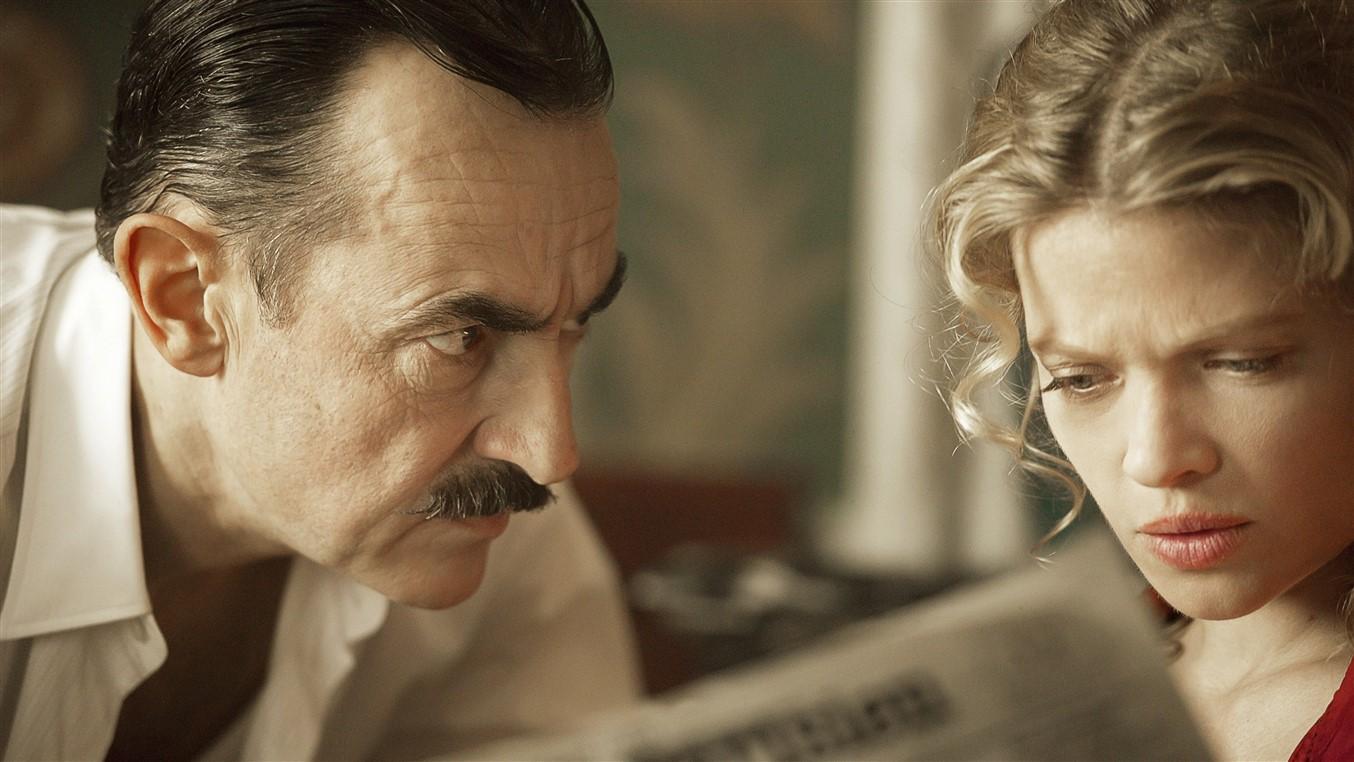
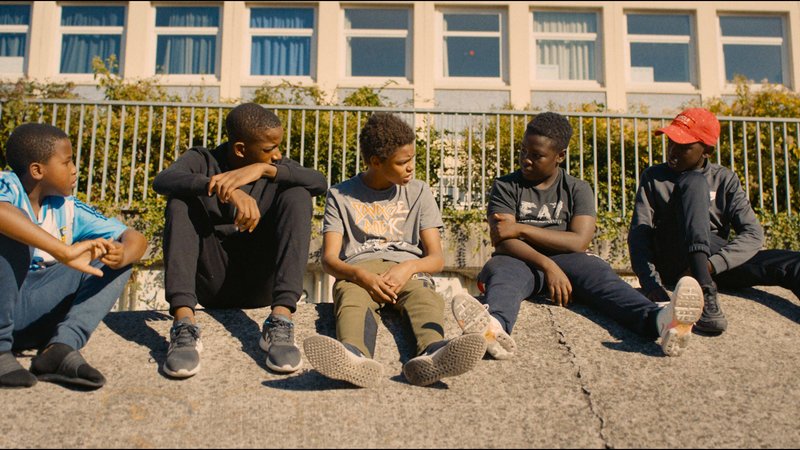
![Voyage of Time [2016] – As Banal As It Is Forgettable](https://79468c92.delivery.rocketcdn.me/wp-content/uploads/2017/09/voyage-of-time-2-768x432.jpg)
